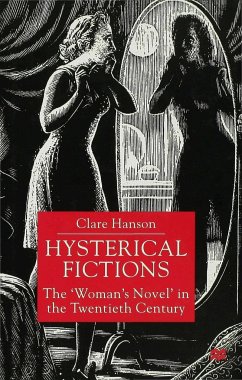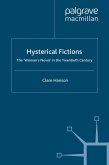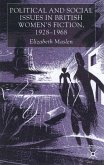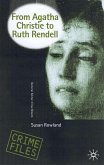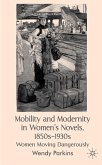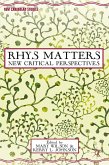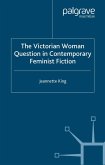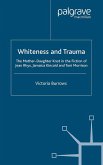The woman's novel is a term used to describe fiction which, while immensely popular among educated women readers, sits uneasily between high and low culture. Clare Hanson argues that this hybrid status reflects the ambivalent position of its authors and readers, as educated women caught between identification with the male-gendered intellectual culture and a counter-experience of female embodiment. Through six case studies, the representation of a 'mind/body problem' is explored in the fiction of Rosamond Lehmann, Elizabeth Bowen, Elizabeth Taylor, Margaret Drabble, A.S.Byatt and Anita Brookner.
'In her characteristically clear and knowledgeable introduction, Clare Hanson argues persuasively for the need to attend to the cultural status of fiction written by educated women, primarily for women as educated as themselves...Most interesting of all, is the unresolved tension, at the heart of all of the fiction she includes, between the notion of woman solely as the one who nurtures and the more complex possibilities afforded to the educated woman of the past hundred years.' - Kate Fullbrook, Times Literary Supplement

